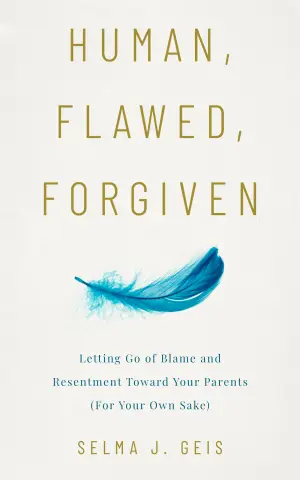Review of إذما: تسعة كنوز وتسعة أوامر حتى تجدني by محمد صادق
When I first picked up إذما: تسعة كنوز وتسعة أوامر حتى تجدني by محمد صادق, I didn’t quite know what to expect. Having read all his previous works, I was eagerly anticipating a new adventure but worried whether it would resonate with me. However, the moment I spotted the dedication at the end, inviting reader feedback, my hesitation dissolved, and I was inspired to share my thoughts—especially since, deep down, I knew I loved the book.
From the start, the novel’s unique premise captivated me. The idea of exploring nine treasures paired with nine commandments unfolds like a treasure map—a journey not only outward, but also inward. Pacing was spot on; it flowed seamlessly, never allowing me a moment to feel bored. Just when one event wrapped up, another twist or surprise was waiting around the corner.
The characters are vividly crafted and relatable. I found myself especially moved by عيسى, particularly in the scene following مصطفى’s last encounter. The emotional weight was palpable and genuinely touched my heart. The way صادق carved out the emotional landscape made each scene feel real, reminding me of how complex human emotions can be.
One of the standout features is the treasure trove of insightful information woven throughout the narrative. The exploration of toxic relationships—how to identify them and the steps toward recovery—was eye-opening. These elements resonated deeply with me, and I appreciated how they were handled delicately, almost like gentle nudges for self-reflection.
I loved the concept of مشروع الـ18, which was both exciting and thought-provoking. Honestly, it made me consider applying the project to my own life. It’s refreshing to come across a narrative that inspires self-improvement while keeping me glued to the page.
However, there were a few parts that disturbed me, particularly the characterization of أسماء and her actions. It was a sharp reminder of how cruel people can be, often without remorse. Yet, I would have liked to see more reflection on the consequences of these actions within the narrative.
There were times when I found myself disagreeing with certain viewpoints expressed by عيسى, especially regarding friendships between men and women. Additionally, I was disappointed by the statement that implied relationships between men and women must always carry an ulterior motive. I sincerely wished that صادق had included a counterperspective or an acknowledgment of the importance of boundaries in these relationships, particularly for younger readers who might take these ideas at face value.
Despite these critiques, none can overshadow the enjoyable experience of reading إذما. The passion and creativity in صادق’s writing shine through. Whether you’re a longtime fan or new to his work, I can’t recommend this book enough. It’s both a delightful escape and a thoughtful exploration of personal growth and human relationships.
In conclusion, إذما is not just for avid readers of محمد صادق but for anyone seeking a compelling narrative rich with intrigue and life lessons. I walked away with a fuller understanding of relationships, laughter from the lighthearted moments, and a few gentle reminders about the nature of human connections. I can’t wait to see what صادق brings us next!
Discover more about إذما: تسعة كنوز وتسعة أوامر حتى تجدني on GoodReads >>







